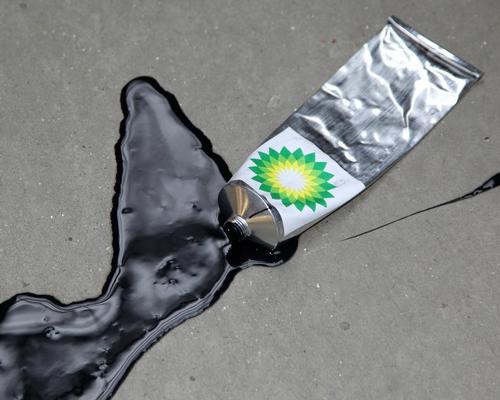19 Aug 2016
BP sponsorship doesn't break ethics guidelines but raises important questions, says Museums Association
BY Tom Anstey

Oil giant BP's sponsorship of cultural attractions in the UK has not breached the Museum Association's (MA) code of ethics – although it has raised significant questions around sponsorship arrangements in general, said the body.
The MA's judgement refers to a report published by lobby group Art Not Oil, which alleged BP had a "corrupting influence" over the institutions it sponsors.
Published last May, the in-depth report drew upon hundreds of emails, documents and correspondence released through the Freedom of Information Act, revealing alleged interference in curatorial decision-making and museum security from BP at national institutions such as the British Museum, National Portrait Gallery, Tate and Science Museum.
After studying the report, the MA’s Ethics Committee ruled that the evidence outlined had not broken its code of ethics, with the body emphasising that its remit during the investigation was to consider the relationship between a museum and a sponsor rather than commenting on the global practices of BP.
In regards to allegations of BP having undue influence on curatorial decision-making, the committee said that it recommends against seeking direct approval on acquisitions or exhibition content, as it may “create pressures to self-censor or give the appearance of undue sponsor influence”. However, the committee also noted that the practice of updating a sponsor on the changing use of sponsorship funds “is appropriate”.
Also addressing allegations that cultural institutions had shared security information about anti-oil protests with BP, the Committee said it was “legitimate and desirable for a museum to seek to protect its visitors, its staff, its collections and its assets when a protest is planned within the museum,” adding that it was common practice for a museum to share security knowledge with others in the sector and with the police.
“The Art Not Oil report raised important questions about how museums should conduct their sponsorship arrangements, and the Ethics Committee has responded to these issues in full today,” said Sharon Heal, Museums Association director.
“The committee has recognised the rights of protestors and has asked museums to scrutinise all sponsorship arrangements to ensure that they uphold the code of ethics for museums, and has also recognised that there cannot be a one-size-fits all solution to the issue of oil sponsorship.”
In response to the Ethics Committee report, Art Not Oil expressed it gratitude for investigating the matter, but said it was disappointed the MA didn’t take a “stronger line”.
“BP is not just any sponsor - it is an extremely powerful international oil company with controversial operations, a multi-billion dollar turnover and a serious image problem,” said the Art Not Oil statement. “No interaction between BP and a cultural institution takes place in an ethical vacuum.
“We would question whether, in this case, ‘standard practice’ is best practice. We believe that the purpose of an ethical policy is to continually revise an organisation’s practices in relation to a shifting global context. And that context is shifting fast.”
BP announced at the end of last month that it was cutting its controversial sponsorship of UK cultural institutions by 25 per cent to £7.5m (US$9.9m, €8.9m), but that funding would continue for at least another five years.
To read the full Art Not Oil response, click here.
Close Window